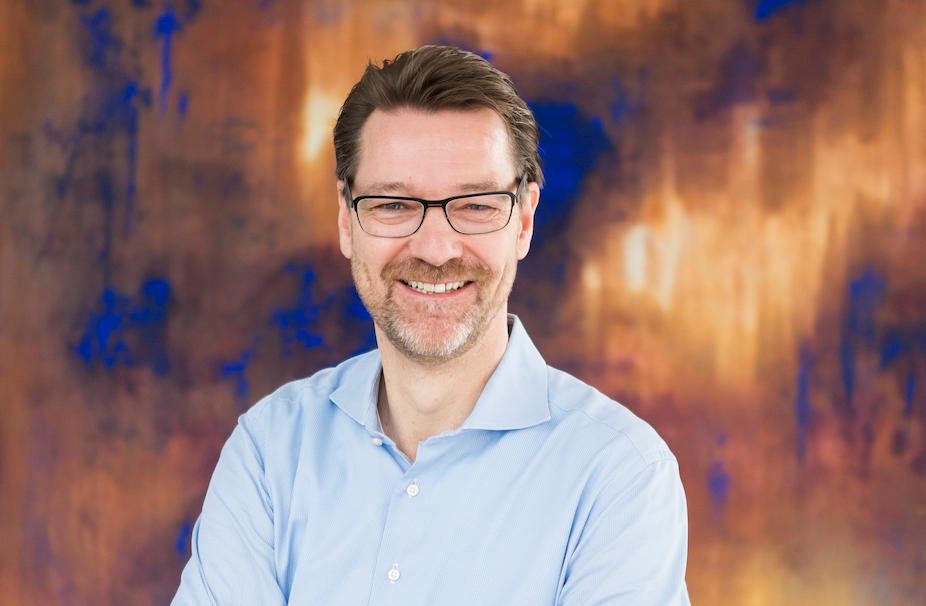Friedrich Thiele: The market for real estate pensions in Germany has the potential to double on an annual basis

Friedrich Thiele, CEO of Deutsche Leibrenten Grundbesitz AG and EPPARG Board Associate, highlights that while the market for sustainable old-age financing products on the basis of a real estate pension is underdeveloped in Germany, the market potential is fully comparable to the highly developed markets in English-speaking countries.
As a key player in the home reversion market in Germany, how would you describe the current market for equity release in the country?
The German property annuity market is still in a very early stage of development.
This would also mean providers who are in the market for the long term still need to enlighten a large share of the market about this kind of old-age financing. Since this product of the English-speaking world, the reverse mortgage, is not offered in Germany, an active awareness of the advantages of real estate pension first needs to be established.
Basically, there is a great market potential for a fair, safe, transparent, and convincing old-age financing product based on a real estate pension in Germany, fully comparable with the potential in English-speaking, already developed markets. Providers like Deutsche Leibrenten Grundbesitz AG are therefore on a very promising growth track.
How have German equity release providers been adapting their sales and marketing processes in the light of COVID-19? What are some of the challenges?
The COVID-19 pandemic has been a major challenge for all providers. All regional agents, brokers and experts had to completely cease their activities during the first lockdown phase. Customer events have not been possible for months. All suppliers have responded with special hygiene concepts, which were also well received by customers. The switch from consulting to digital concepts was only hesitantly accepted by our clientele, as many of them are not fundamentally technically inclined. However, the range of individual and, in some cases, digital consulting concepts has increased significantly and has led to a sustained improvement in the quality of the service offered.
A particular challenge has been notarizing real estate transactions before a notary, which is legally required in Germany. A real estate pension can therefore not be concluded digitally. Here too, however, general hygiene concepts have been developed by German notaries, which were widely accepted by customers. In addition, notaries are regarded as system-relevant providers who were also allowed to offer their services during the lockdown period.
To what extent do you think it is important to develop standards for home reversion and other equity release products?
In order to ensure long term market success, it is imperative that uniform market standards apply to all players. In particular, a high-level consulting process and its documentation, as well as a transparent presentation of the product with all costs and risks involved for the customer, must be clearly presented. A lasting product must be fair, safe, and customer-oriented and should in any case economically cover the longevity risks of senior citizens. Products in which a real estate risk (e.g. assumption of the negative equity risk) and longevity risks are not assumed should be subject to government regulation in order to prevent the risk of mis-selling at the expense of senior citizens.
What opportunities do you see for new funders and investors to enter the German market?
The market for sustainable old-age financing products on the basis of a real estate pension is still completely underdeveloped in Germany. The market potential is fully comparable to the highly developed markets in English-speaking countries. A significant growth potential for both providers and investors can thus be found in making the real estate assets, bound in the hands of seniors, and desperately needed to cover the economic costs of longevity, available through intelligent real estate pension products.
How do you assess prospects for growth in the German equity release market for the year to come?
Due to its current niche significance, the market for real estate pensions in Germany still has the potential to double on an annual basis. The short-term objective should be to increase sales from around half a billion euros to 1 billion euros per year. In the long run, the total market potential is certainly several times higher.
